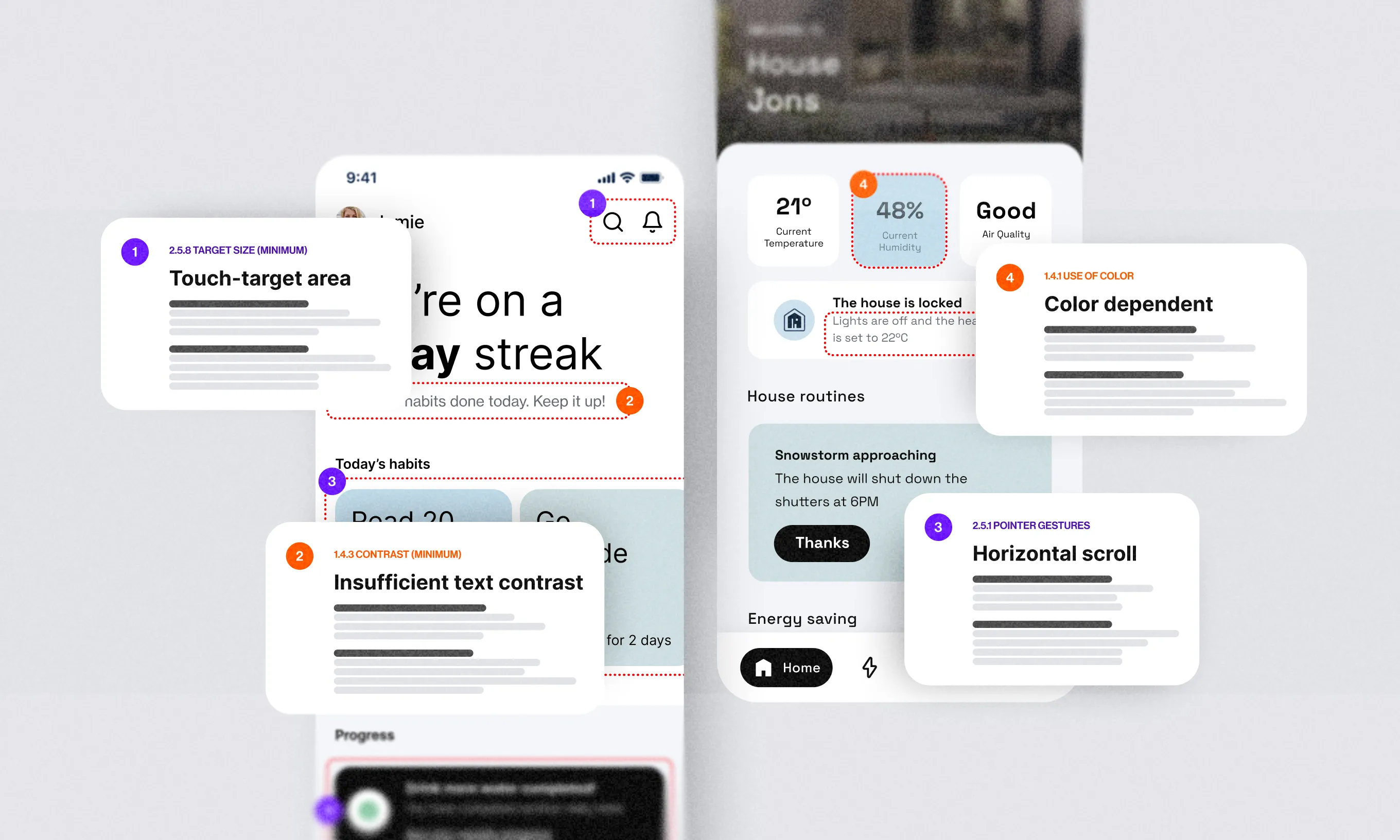Google’s Project Management Certificate, introduced in July 2020, caught my eye immediately for several reasons.
Firstly, I liked that it would be a monthly subscription type of a course. Secondly, Google was clearly addressing their talent gap with the course, similar to Infinum Academy.
The most convincing reason I wanted to take the course is that strong emphasis is placed on studying the role of a project manager as a blend of several roles, which reflects what we have been seeing in the last few years as a development agency.
Topics covered in Google Project Management: Professional Certificate
Fast facts about Google Project Management: Professional Certificate
- The price is $39 per month (which explains why the estimated duration is 27 weeks).
- Coursera estimates the Google Project Management: Professional Certificate to take 27 weeks, but you can finish sooner by watching the video at a faster speed or reading through the materials.
- There is a fair amount of individual and peer-reviewed assignments; we suggest doing all of them.
- As a part of the course, Google will encourage you to set up your LinkedIn profile and register on their talent portal.
- The review process for some assignments can take a little while, and it is a requirement for finishing a chapter.
- There are six chapters in the curriculum: 1. Foundations of Project Management, 2. Project Initiation, 3. Project Execution, 4. Project Planning, 5. Agile Project Management, 6. Applying Project Management in the Real World.
Good quality materials and lecturers
As stated above, there are six chapters that need to be completed in order to get the Google Project Management certificate. Each of them is explained with a video starring Google employees who share their (usually somewhat inspirational) stories of how they came to work at Google, some of the challenges they faced, and what they liked about their role.
The videos are well-produced, and the content is excellent. Video material is accompanied by some written resources, summaries, and glossaries. Knowledge adoption is tested through tests and practical assignments, like writing an escalation email or creating a Gantt chart. The assignments are then peer-reviewed.
During the course, a number of documents are created that can serve project managers as templates for their future work. Also, the suggested additional reading is quite good.
Chapters covered in Google Project Management: Professional Certificate
There is an order to the chapters, but you do not have to follow it. However, you can’t proceed to the last chapter until you’ve completed all of the previous ones.
1. Foundations of Project Management
As the title suggests, this chapter covers the foundations of project management, the project lifecycle, and the traits and skills expected from a project manager. There’s also an insightful part on change management.
2. Project Initiation: Starting a Successful Project
Here is where the work begins. Mostly based on classical project management theory, it covers everything from budgeting and costs to creating different charts and documentation. It also highlights the importance of this phase of the project.
3. Project Planning: Putting It All Together
This chapter covers estimates, budgets, and milestones by digging deeper into the topic. It also explores the tools for tracking and maintaining a project. Kudos to Google for mentioning a variety of tools here, but I hope they add Productive to the list as well.
4. Project Execution: Running the Project
Building on the previous chapter, your “decisions” take center stage in this chapter. The topics discussed include communication, dependencies, quality, and continuous improvement, with a section dedicated to closing a project.
5. Agile Project Management
A chapter dedicated to everything Agile! It gives course takers a sense of what Agile is and how it is practiced. A lot of the stuff is mentioned previously throughout the course but in a different context.
6. Applying Project Management in the Real World Google
This chapter is a practical culmination of all previous chapters, focused on kickstarting a career in project management, setting up a LinkedIn profile, and looking for a job that fits the course taker’s newly acquired skills.
Who can benefit most from Google Project Management: Professional Certificate?
Several of us from the project management team completed the course. As expected, junior project managers gained the most value from the course. While there is nothing groundbreaking in the course itself, it provides a very good breakdown of the project manager role in modern IT companies. It also gives an overview of other Agile frameworks and how traditional project management fits into them.
Senior project managers will get validation on their own work practices and process even if what they have in place is not as formal as presented by Google, like creating a Stakeholder map. Seniors will also be glad that the course acknowledges the shift towards the diversity of roles currently expected from a project manager – from the formal ones of scrum master, product owner, and delivery manager to the more flexible ones of being a mediator, facilitator, motivator etc.
A bit too Google-specific at times
While mostly rooted in today’s most popular frameworks and practices, some of the content is Google-specific, such as parts of the theory, naming, and definitions. This is expected as they are primarily shaping the talent they are looking to hire. Also, there is insight into Google’s agile-up-to-a-point work organizations, a trend we have seen in the last few years in many companies.
Overall, many topics are touched upon but few are elaborated on – primarily the ones that fit Google’s way of working.
That being said, the course is in fact advertised as a breakdown so it would be foolish to expect more depth from a $39 course, compared to the PMP or PMI-ACP courses for example, both of which are referenced in Google’s course. Still, I was expecting more focus on Agile and perhaps a fresh perspective on the core project management postulates.
Finally, call me biased, but the biggest downside in terms of content was Google’s awfully wrong description of scrum in rugby: “Scrum refers to a formation in rugby where all of the players on the team lean forward, lock their heads together, and then work as one unit to try and gain precious yards towards the scoring line.” Here’s a more accurate description of what rugby and project management have in common.
What did I score?
- Foundations of Project Management Google – 94.43%
- Project Initiation: Starting a Successful Project Google – 93.00%
- Project Execution: Running the Project Google Grade Achieved – 88.15%
- Project Planning: Putting It All Together Google – 89.03%
- Agile Project Management – 90.45%
- Applying Project Management in the Real World Google – 99.65%
The verdict – Is Google Project Management: Professional Certificate worth acquiring?
Overall, I would recommend the Google Project Management Certificate course both to new and old project managers. For juniors, it is an exciting blend of theoretical and practical examples from Google, touching on everything that is important in our work, to say the least.
From a more senior perspective, I enjoyed the emphasis put on the team, project communication, and creating proper documentation – things worth reminding yourself of every once in a while.
Oh and also, it’s a great way to refresh your LinkedIn profile and make Google’s headhunters’ job easier.










